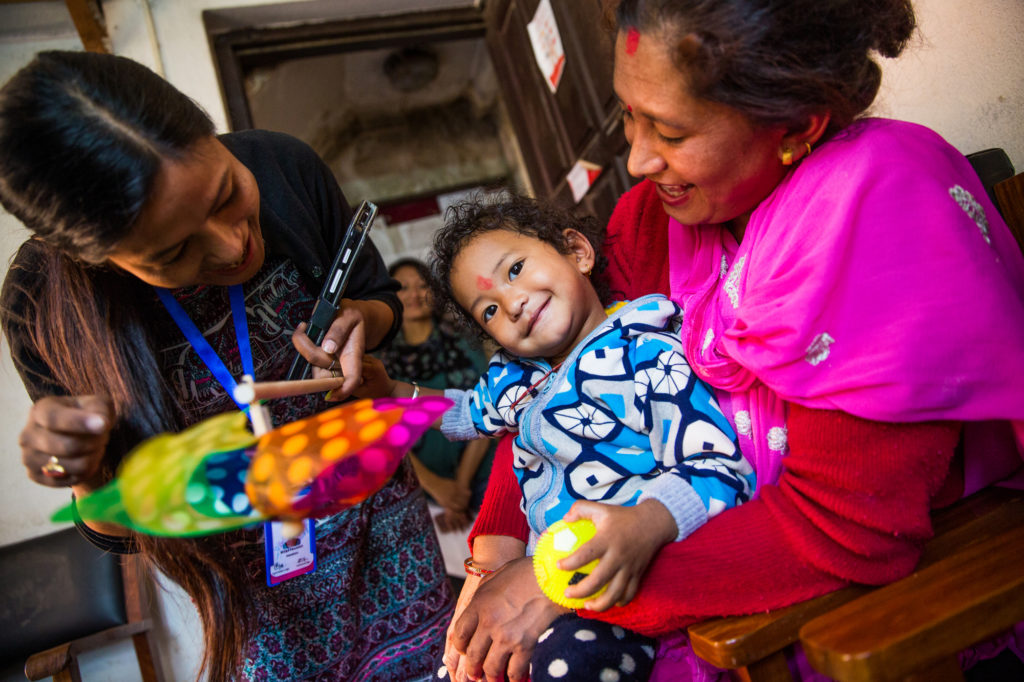Led by Professor Maheshi Ramasamy
Enteric pathogens are those that affect the intestines. The BRC enteric programme supported the successful roll-out of a global typhoid conjugate vaccine using a human infection challenge (HIC).

This expertise will be used to evaluate new vaccines against other major enteric pathogens.
We are conducting first-in-human studies in the UK and Kenya, and a new HIC, to evaluate a vaccine for non-typhoidal Salmonella (NTS), an important cause of sepsis in young children and HIV-infected adults in Africa, as well as being a major cause of gastroenteritis in the NHS.
This sub-theme is also developing a vaccine for paratyphoid, a major cause of enteric fever in returning travellers in the NHS. Our researchers will use a human infection challenge (HIC) model to identify promising candidates and provide key data on efficacy.
They are also carrying out new activities to better understand the immune responses to Shigella and Clostridium difficile and so accelerate the development of vaccines for these infections.